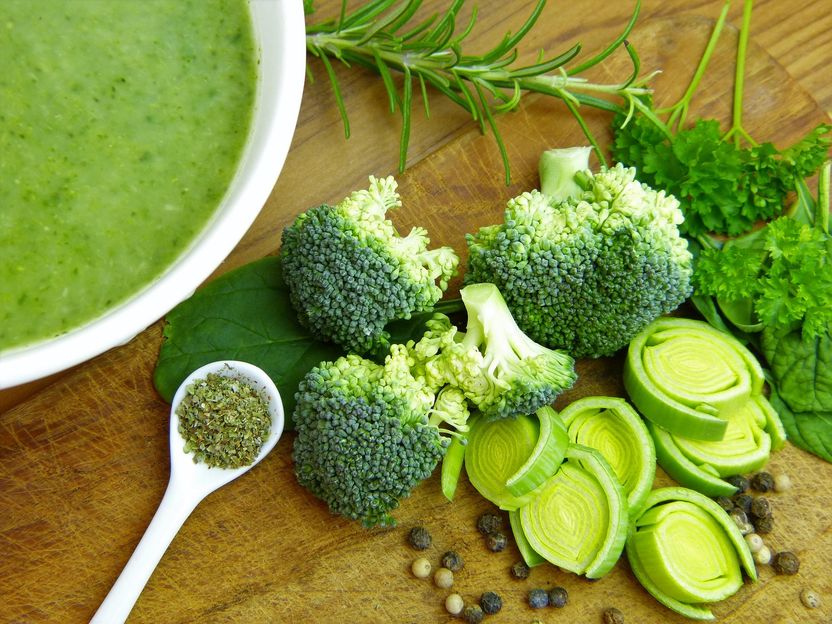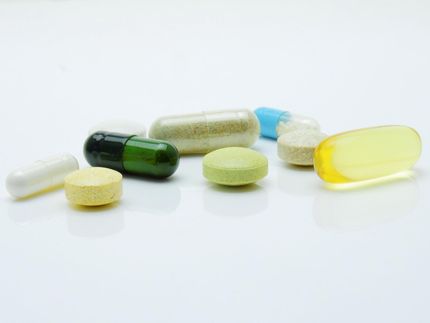Micronutrients in focus: Calcium supply critical in Paleo and vegan diets
Advertisement
Modern diets such as the vegan and Paleo diets are associated with closeness to nature. But to ensure that it is not only good for the environment, but also healthy for people, it is important to look closely. For example, both concepts have micronutrients for which there could be a critical supply status, as experts presented during the webinar "nutrition in focus: alternative nutrition concepts and their influence on nutrient supply" of the Working Group on Food Supplements (AK NEM) in the German Food Association.

silviarita / Pixabay
"The Paleo diet is defined as a diet consisting of nutrient-rich, relatively low-energy foods" explained Prof. Dr. Andreas Hahn, Leibniz University Hannover. That sounds good at first, though there have been no observational or intervention studies on the health effects of the Paleo diet, he said, especially since practical implementation involves some challenges. Paliolithic foods, he said, include fruits, tuberous and leafy vegetables, seeds, nuts, fish, seafood, eggs, and, analogous to the Stone Age, insects and game meats. According to Hahn, the latter in particular are often reinterpreted as modern meat products such as steaks by those who use the dietary form today. Due to the food selection, which in principle does not contain any dairy products, calcium in particular is to be seen as a critical micronutrient, as is vitamin D and to some extent folate.
There are substantially more critical nutrients with a vegan nourishing form - at least if one does not consider the entire food selection available, means Dr. Markus cellar, research institute for plant-based nutrition. Concretely it concerns Vitamin B12, calcium, iron, zinc, Vitamin B2, Omega-3-Fettsäuren, iodine and selenium. On the other hand Veganer:in converted on the average many nourishing recommendations better than the general population, means Keller. Thus they would eat for example more fruit, vegetable and whole grain products. As conclusion it regards therefore a Supplementation with the nutrient as necessary, which is contained almost exclusively in animal products, the Vitamin B12. It would also make sense to supplement calcium, iodine and omega-3 fatty acids. An adequate supply could be achieved with fortified milk alternatives (calcium), salt and algae (iodine), and flax and olive oil (omega-3 fatty acids). Alternatively, dietary supplements can help ensure nutrient adequacy.
"Health and sustainability are cited as reasons for choosing an alternative diet," said PD Dr. Thomas Ellrott, Georg August University of Göttingen, "but other motivations probably also play a major role. On the one hand, specific dietary styles offer the possibility of creating a sense of belonging. On the other hand, people could stand out from the crowd by their special dietary requirements. Thus a special nourishing form in the social living together would produce also attention, visibility and attention. This additional benefit exists independently of health and sustainability and explains the current trend toward alternative forms of nutrition.
Note: This article has been translated using a computer system without human intervention. LUMITOS offers these automatic translations to present a wider range of current news. Since this article has been translated with automatic translation, it is possible that it contains errors in vocabulary, syntax or grammar. The original article in German can be found here.


























































